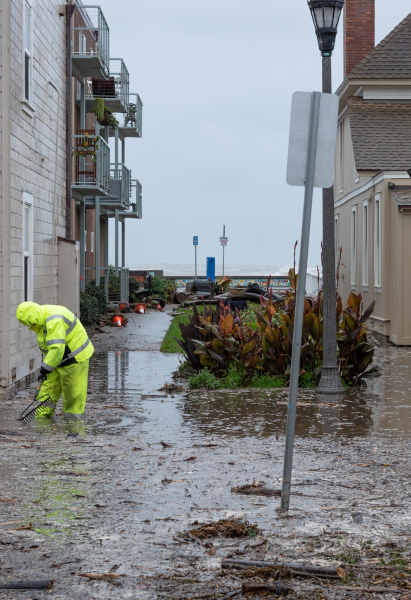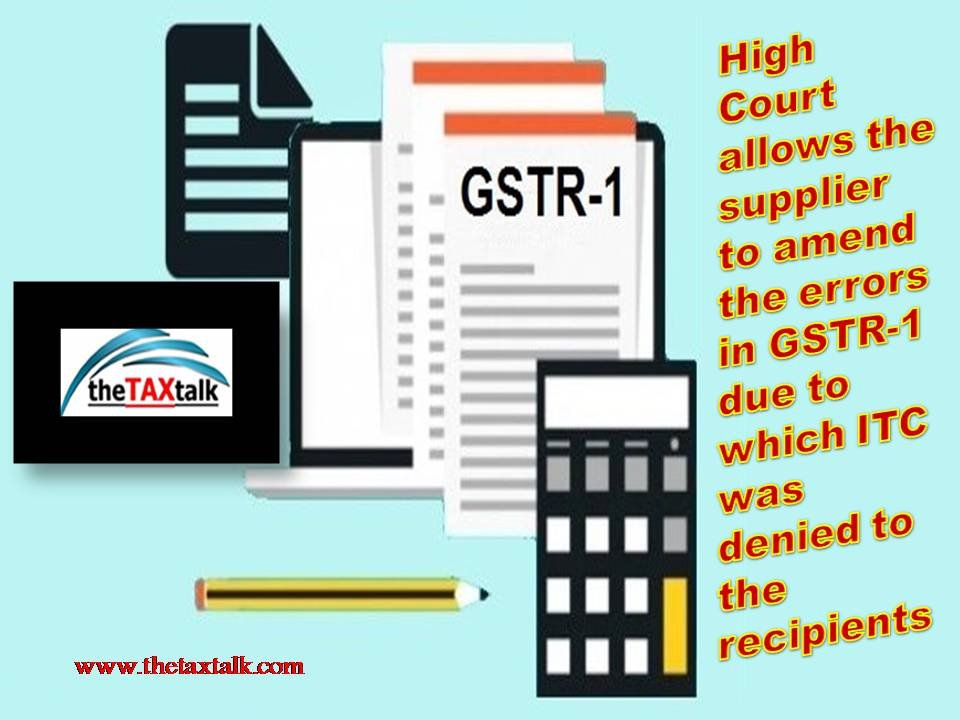The victims of the devastating wildfires in Hawaii are being offered tax relief from the IRS. If these fires — which began on August 8 — impacted you, we want you to know TurboTax is here for you, and we want to keep you up to date with significant tax relief information that may help you in this time of need.
The Federal Emergency Management Agency (FEMA) declared the recent events as a disaster. The IRS announced that victims of the wildfires, that occurred in parts of Hawaii, now have until February 15, 2024, to file various individual and business tax returns and make certain tax payments.
What are the extended tax and payment deadlines in Hawaii?
The tax relief postpones various tax filing and payment deadlines that occurred starting on August 8, 2023. As a result, affected individuals, and households that reside or have business in Maui and Hawaii counties have until February 15, 2024, to file returns and pay any taxes that were originally due during this period (on or after Aug. 8, 2023 but before Feb. 15, 2024). These include:
- 2022 Individual Returns: 2022 individual tax returns that were due on October 16, 2023 have an extended deadline until February 15, 2024. The IRS noted that since the tax payments related to these 2022 returns were due April 18, 2023 that those payments are not eligible for this relief.
- 2022 Business Returns: Any business with an original or extended due date (including those whose 2022 extensions run out on September 15 or October 16) also qualify for the February 15, 2024 deadline.
- Quarterly Estimated Tax Payment: Quarterly estimated tax payments normally due September 15, 2023 and January 16, 2024 have been extended until February 15, 2024.
- Quarterly Payroll and Excise Tax Returns: Quarterly payroll and excise tax returns that are normally due on October 31, 2023 and January 31, 2024, are also extended until February 15, 2024. In addition, penalties on payroll and excise tax deposits due on or after August 8 and before September 7, 2023 will be abated as long as the deposits are made by September 7, 2023.
Additional relief may be available to affected taxpayers who participate in a retirement plan or individual retirement arrangement (IRA). For example, you may be eligible to take a special disaster distribution that would not be subject to the additional 10% early distribution tax and spread the income over three years. Or you may also be eligible to make a hardship withdrawal. Each plan or IRA has specific rules and you should check with your plan administrator.
What do I need to do to claim the tax extension?
The IRS automatically provides filing and penalty relief to any taxpayer with an IRS address of record located in the disaster area. Taxpayers do not need to contact the IRS to get this relief. However, if an affected taxpayer receives a late filing or late payment penalty notice from the IRS that has an original or extended filing, payment or deposit due date falling within the postponement period, the taxpayer should call the number on the notice to have the penalty abated.
The current list of eligible localities is always available on the disaster relief page on IRS.gov.
Do surrounding areas outside of Hawaii qualify for an extension?
The IRS will work with any taxpayer who lives outside the disaster area but whose records necessary to meet a deadline occurring during the postponement period are located in the affected area. Taxpayers qualifying for relief who live outside the disaster area need to contact the IRS at 866-562-5227. This also includes workers, assisting the relief activities, who are affiliated with a recognized government or philanthropic organization.
How can I claim a casualty and property loss on my taxes if impacted?
Individuals or businesses who suffered uninsured or unreimbursed disaster-related casualty losses can choose to claim them on either the tax return for the year the loss occurred (2023 return) or the loss can be deducted on the tax return for the prior year (2022 return). Individuals may also deduct personal property losses that are not covered by insurance or other reimbursements.
Affected taxpayers claiming the disaster loss on their return should put the Disaster Designation, “Hawaii Wildfires”.
Be sure to write the following FEMA declaration number on any return claiming a loss:
The tax relief is part of a coordinated federal response to the damage caused by the harsh storms and is based on local damage assessments by FEMA. For information on disaster recovery, visit disasterassistance.gov. If you are not a victim, but you are looking to help those in need, this is a great opportunity to donate or volunteer your time to legitimate 501(c)(3) not-for-profit charities who are providing relief efforts for storm victims.














